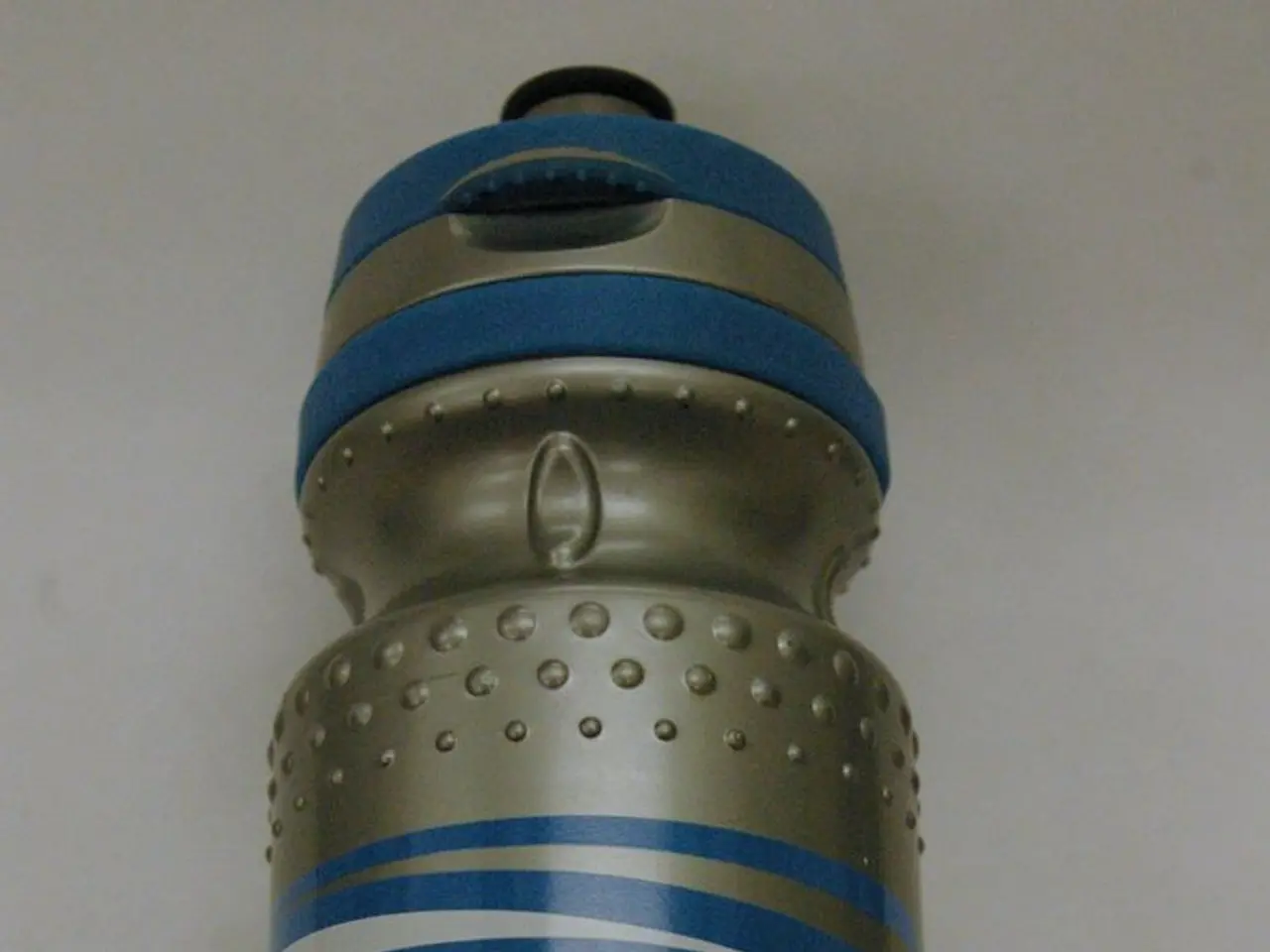Biotech startup Acadia unveils new team and strategic partnership, aiming to be recognized as a powerful force in the biotech industry.
Acadia Pharmaceuticals, a pioneering biotech company based in the United States, is making significant strides in the treatment of neurological and rare diseases. The company recently held its first-ever R&D Day, forecasting a potential $12 billion in annual sales from its expanding pipeline.
One of Acadia's key focus areas is symptomatic treatments for neurodegenerative diseases, particularly Alzheimer's disease psychosis (ADP) and Lewy Body Dementia psychosis (LBDP). The company's pipeline is brimming with assets advancing through clinical development stages, addressing critical symptoms such as psychosis and agitation that significantly impact patient quality of life and caregiver burden.
A notable asset in Acadia's pipeline is ACP-204, a novel compound currently in a Phase 2 study for ADP. Results from this study are expected by mid-2026, while a Phase 2 study for LBDP is scheduled to begin in Q3 2025. Another asset, ACP-101, is currently in a Phase III study for hyperphagia in Prader-Willi syndrome, with topline data expected in early Q4 2025.
Acadia's leadership team, led by Catherine Owen Adams (CEO), Elizabeth Thompson (head of R&D), Jennifer Rhodes (Chief Legal Officer), and Ponni Subbiah (Chief Medical Officer), brings diversity of thought, experience, and energy to the company. Thompson joined Acadia as head of research and development in April 2024.
BMO Capital Markets analysts are particularly optimistic about ACP-204, a follow-on compound to Nuplazid, Acadia's established product for Parkinson's disease psychosis. They believe ACP-204 could provide key improvements on Nuplazid's profile.
Acadia's pipeline also includes ACP-211 for major depressive disorder and ACP-711 for Essential Tremor, further expanding the company's neurological disease focus.
Acadia was founded in 1993 and has since undertaken an educational campaign with patient families to manage the gastrointestinal side effects of Daybue, a product for Rett syndrome that faced a difficult period in 2024. However, the company is now seeing growth in patients again.
Financially and strategically, Acadia is building from a position of strength, with two established commercial franchises—Nuplazid and Daybue—funding its expansive research and development efforts. The company's pipeline is estimated to be worth an additional $12 billion in sales.
In summary, Acadia Pharmaceuticals is aggressively advancing clinical studies in ADP and LBDP while simultaneously expanding into related neurodegenerative and neuropsychiatric conditions. The near-term outlook features multiple clinical trial initiations and readouts between 2025 and 2027, reinforcing its commitment to developing transformative symptomatic treatments for these challenging diseases.
- Acadia Pharmaceuticals, a pioneering biotech company, is focusing on drug development for neurological and rare diseases, particularly Alzheimer's disease psychosis (ADP) and Lewy Body Dementia psychosis (LBDP), with their pipeline brimming with assets addressing critical symptoms.
- A notable compound in Acadia's pipeline, ACP-204, is in a Phase 2 study for ADP with results expected by mid-2026, while a Phase 2 study for LBDP is scheduled to begin in Q3 2025.
- In the realm of health-and-wellness, Acadia's pipeline includes ACP-211 for major depressive disorder and ACP-711 for Essential Tremor, expanding the company's focus on neurological diseases.
- The company's cardiovascular health and neurological disorders pipeline, estimated to be worth an additional $12 billion in sales, is funded by their two established commercial franchises—Nuplazid and Daybue—and focuses on treating various medical-conditions, including neurological diseases and psychosis.




